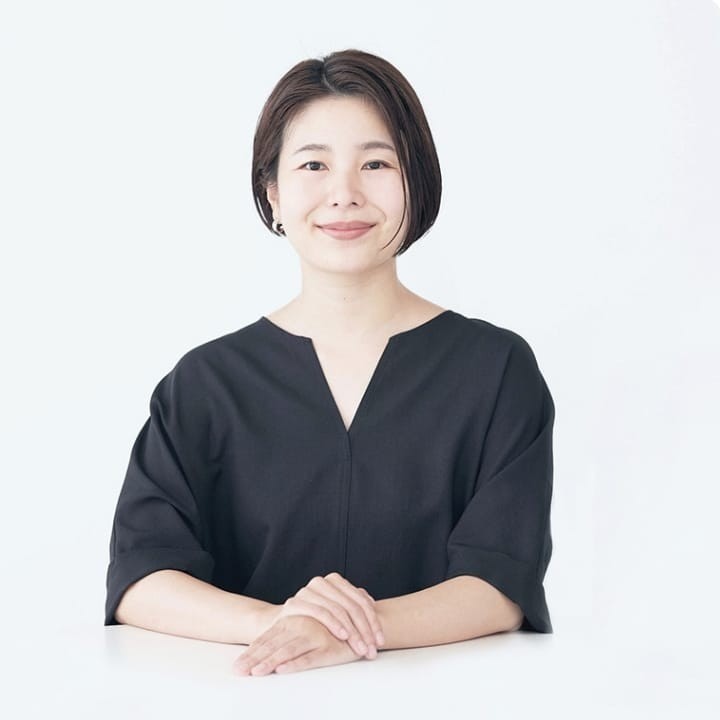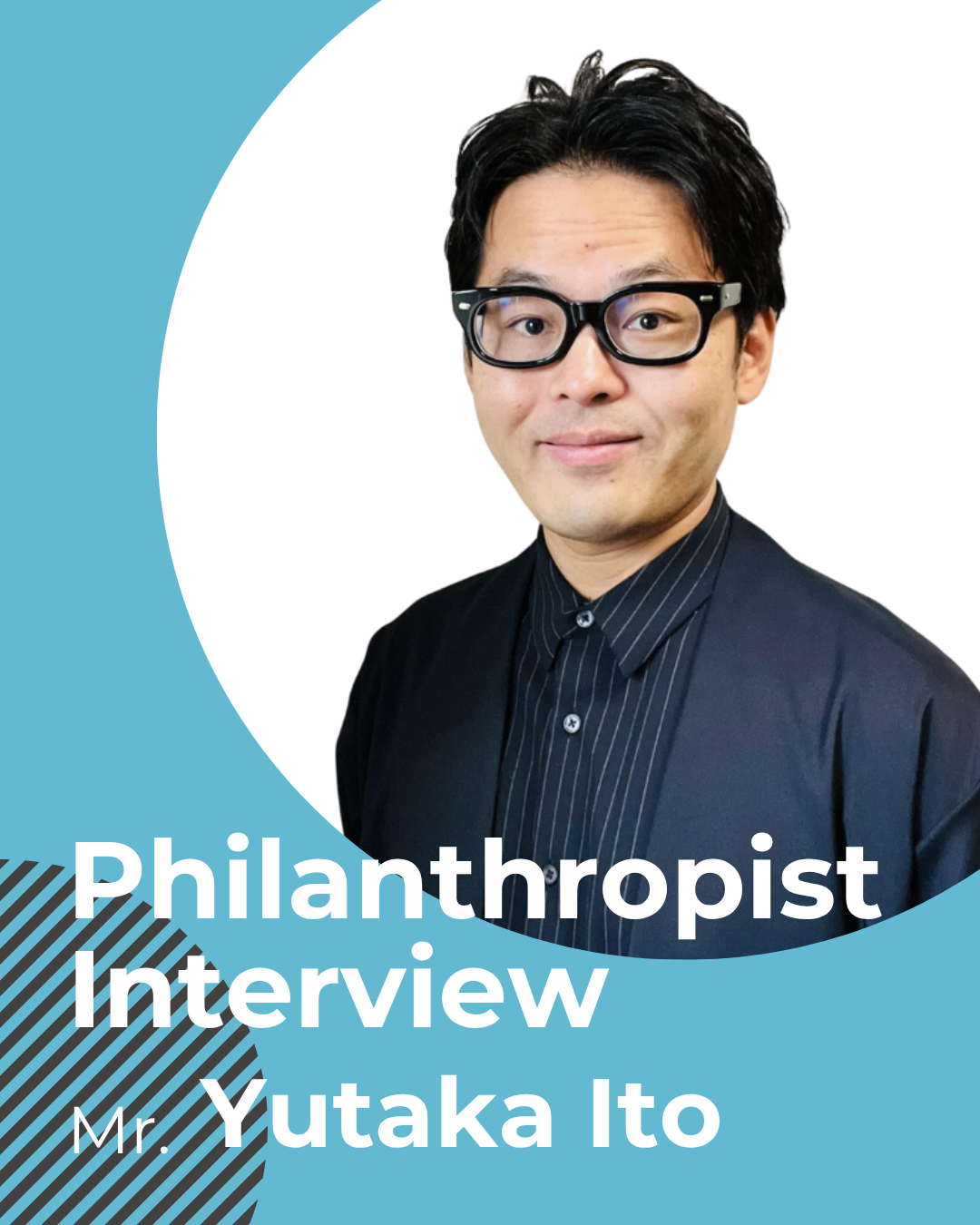While building a distinguished career in finance, Miwa Seki has also made a name for herself as a literary translator of widely discussed international bestsellers.
Beyond that, she serves as an outside director and plays key roles in various philanthropic foundations. In the realm of philanthropy, she is deeply committed to addressing systemic injustices—supporting the launch of LEDGE, Japan’s first expert group dedicated to public interest litigation, and serving as a board member of the Asia University for Women (AUW) Support Foundation. We spoke with Ms. Seki about her multifaceted journey and the purpose that drives her work.
INFO

Miwa Seki: Confronting in justice: Philanthropy as a Catalyst for Social Change
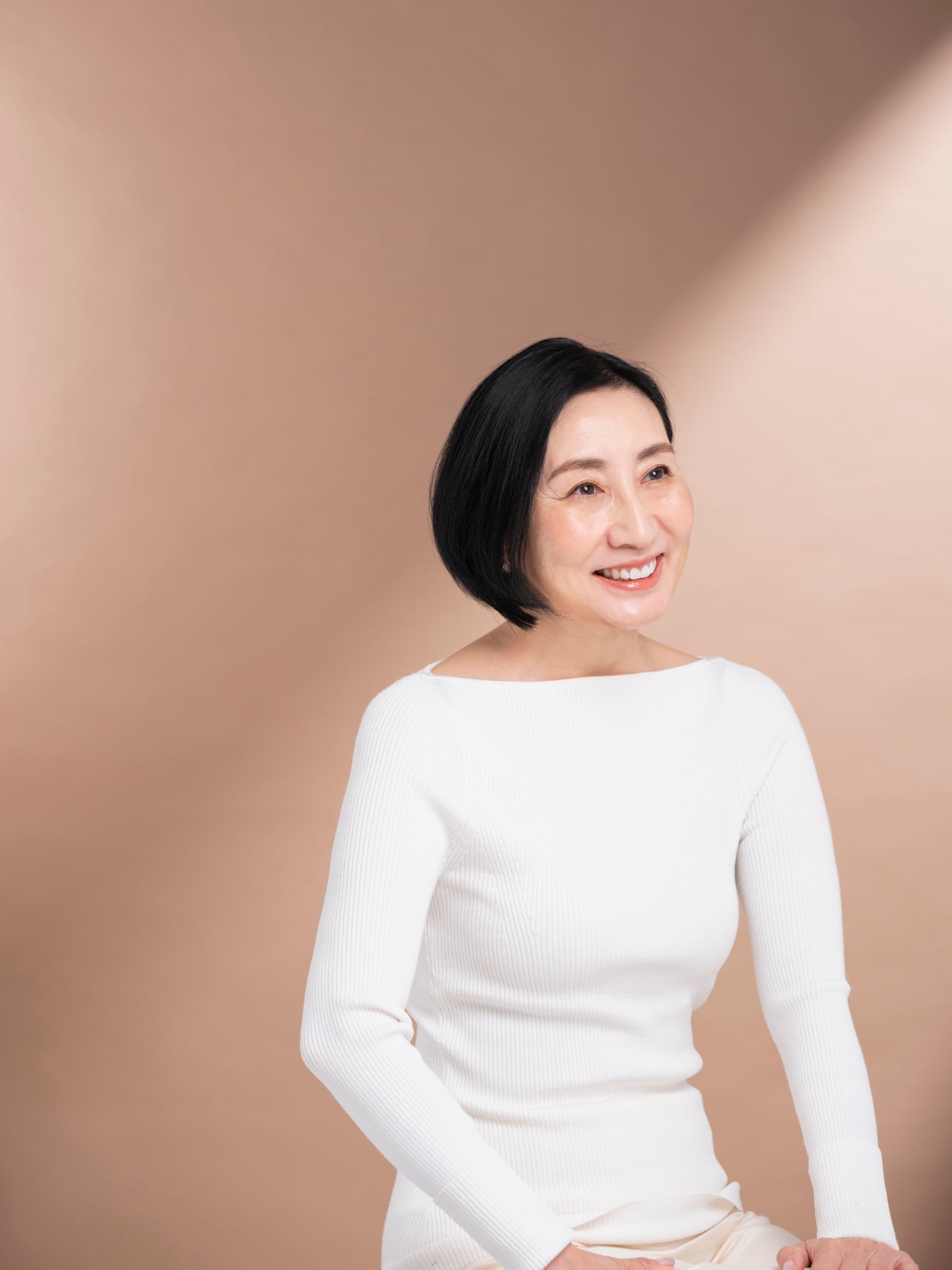
Profile
Miwa Seki
General Partner, MPower Partners Fund L.P. / Translator
Outside Director, Nexera Pharma and Daiwa House Industry Co., Ltd. / Board Member, Asia University for Women Support Foundation / Yanai Tadashi Foundation / Fast Retailing Foundation / LEDGE
Miwa Seki earned her MBA from Harvard Business School and began her career as a literary translator in 2009. Since then, she has translated numerous internationally acclaimed titles, including the global bestseller Factfulness. After working in the investment banking division at Morgan Stanley, she went on to serve as Head of the Tokyo office for Clay Finlay Investment Advisors. In May 2021, she co-founded Japan’s first ESG-focused global venture capital fund, MPower Partners Fund, alongside Kathy Matsui and Yumiko Murakami.
A Life Without a Master Plan
“I’ve lived by taking on whatever was in front of me.”
Despite her structured résumé, Seki insists her career has been anything but linear. “I never had a grand plan. I just immersed myself in what felt meaningful at the time.”
Her translation career began unexpectedly. A friend recommended a book—I Don’t Know How She Does It—about a working mother struggling to balance her job and family. Moved by the story, Seki felt a strong urge to translate it. Though she never obtained the rights, it led her into the world of literary translation.
After going through a divorce and becoming a single mother with no stable income, she began translating full-time. Her growing interest in law—sparked through conversations with lawyers—led her to re-enroll in her alma mater’s law faculty in her 40s. “To this day, I’m deeply interested in how the law can be used to solve structural issues,” she says.
What Drives Her Philanthropy
1. Supporting girls’ access to higher education
“Because I was lucky—and I want to pass that luck on.”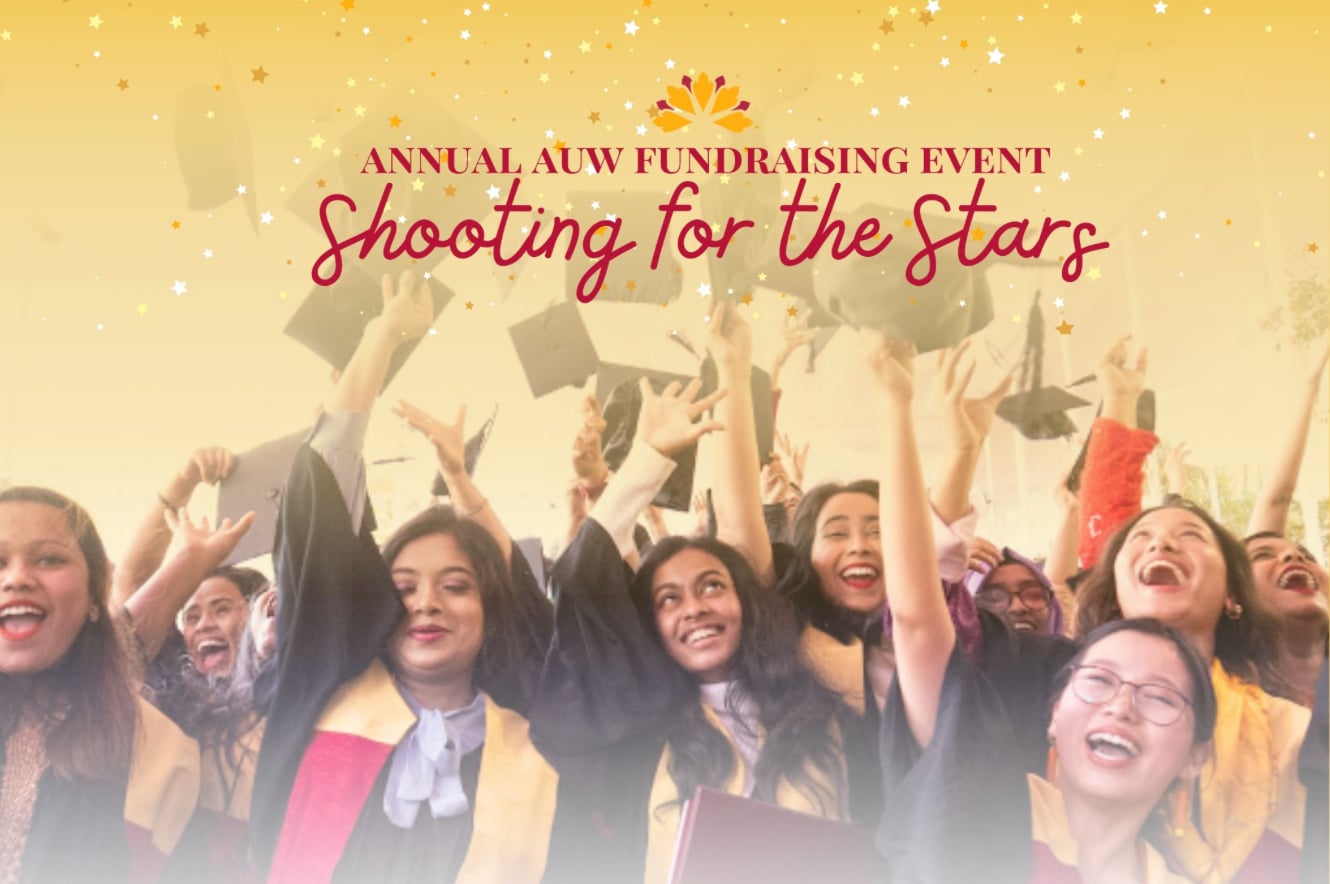
Asian University for Women (AUW)
One of Seki’s most passionate commitments is supporting the Asian University for Women (AUW), founded in Bangladesh in 2008. The university welcomes young women from 14 countries across South Asia, many of whom are the first in their families or communities to ever attend college.
Offering a U.S.-style liberal arts education and full scholarships for all students, AUW is entirely funded by donations. As a board member of the AUW Support Foundation in Boston, Seki leads fundraising efforts in Japan.
“It’s a constant challenge—if we can’t raise the funds, we can’t accept new students. But we’ve made it this far, and now have over 1,700 students.”
She was introduced to AUW by her friend, Kathy Matsui. For Seki, the cause is personal. “I received my education thanks not just to effort, but luck. And I want to share that luck with others—especially women in the world’s poorest regions, who have far fewer chances to encounter opportunity.” AUW, she believes, helps “level the playing field of luck.”
2. Supporting public interest litigation
“Because I can’t ignore injustice—and I want to help build new paths toward justice.”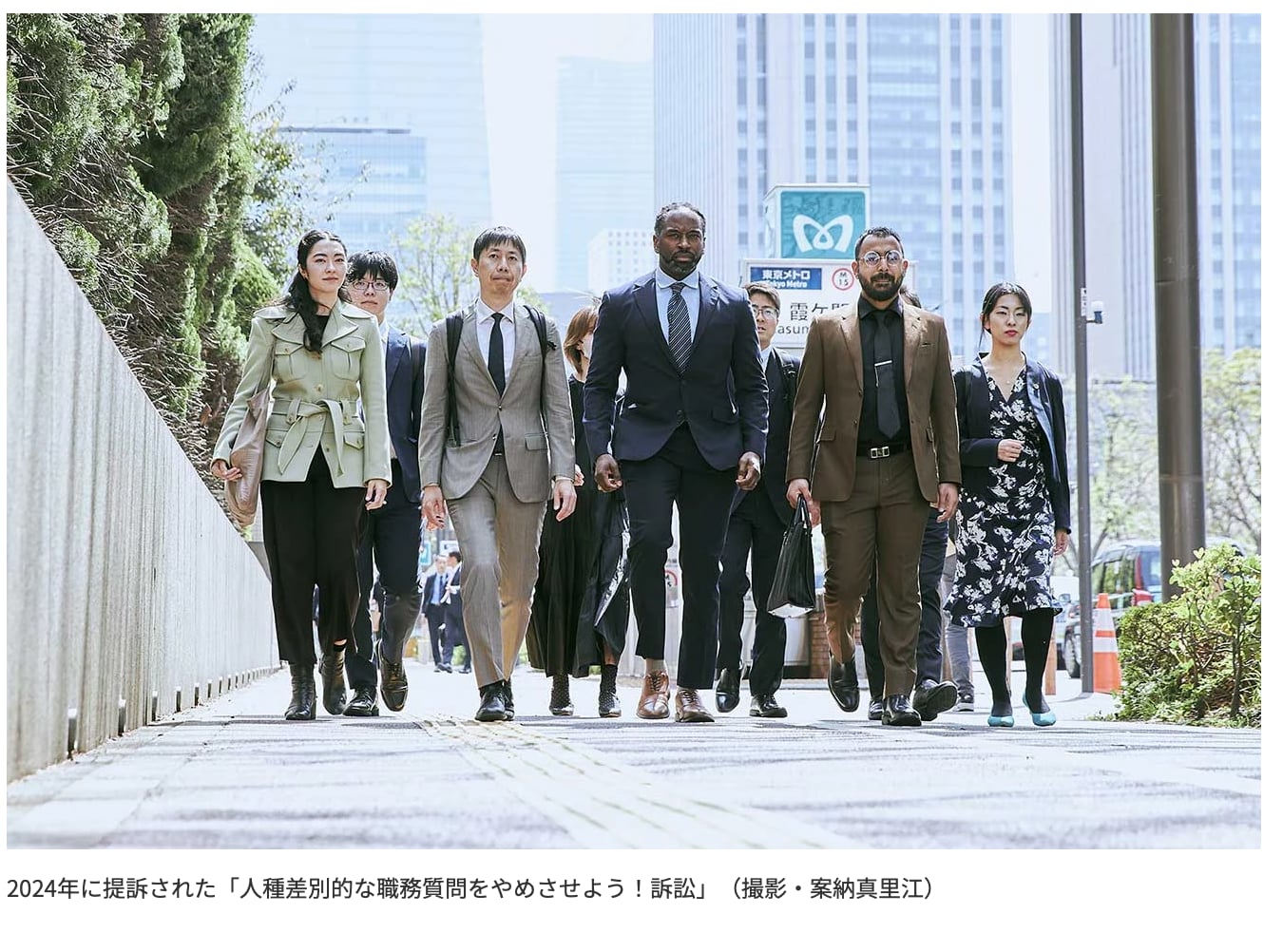
LEDGE(レッジ)
“Because I can’t ignore injustice—and I want to help build new paths toward justice.”
Seki’s second major focus is public interest litigation, through a legal advocacy group called LEDGE. The connection began with a social media post about a Nepalese man named Arjun, who died in police custody in Japan. His family’s lawsuit was being supported by CALL4, a nonprofit platform for public interest litigation.
“I’ve always been haunted by certain stories—like a teenage girl giving birth alone, losing her baby, and being arrested for abandonment. Why isn’t the father held accountable? Why is only the girl punished?”
She also points to cases where people facing discrimination are criminalized for unrelated reasons. “I started wondering—if I had unlimited money, could I cover legal fees and help victims sue the state? Could I create a system for that?”
Those thoughts sparked conversations with attorney Yuta Taniguchi, co-director of CALL4 and now a board member at LEDGE. Together, they began imagining a legal office dedicated to public interest cases—one with sufficient funding, resources, and strategy to tackle systemic injustice.
But the work is hard.
“Public interest litigation is a tough sell,” she admits. “It doesn’t draw the same empathy as causes like ‘girls’ education’ or ‘disaster relief.’ These are issues like same-sex marriage, dual surnames, racial profiling, abortion rights, or lowering the age to run for office—topics that divide public opinion.”
Raising funds for these cases often invites backlash. “Even just trying to advocate for these issues can bring cold stares and intense criticism.”
That’s why LEDGE matters, she says. “We need systems that support courageous plaintiffs and dedicated legal professionals—not just emotionally, but financially. That’s the kind of philanthropy I want to build.”
What's Holding Philanthropy Back?
“Too few donors—and too little incentive.”
Seki sees two major obstacles to expanding Japan’s culture of giving.
The first is a narrow donor base. “In every organization I support, it’s almost always the same people making donations. We’re just passing the same money around.” She also believes psychological barriers hold people back. “Some worry that donating makes them look self-important. That mindset needs to change.”
The second issue lies with recipient organizations. “Groups that don’t have certified nonprofit status—or public interest foundation status—can’t offer tax deductions to donors. And since many Japanese donors care about tax benefits, this limits participation.” Improving legal and tax infrastructure, she argues, would lead to far more active giving.
What Matters Most
“I want to earn so I can give—and I want to meet others who feel the same.”
One of the books Seki translated, " (あなたが世界のためにできる たったひとつのこと〈効果的な利他主義〉のすすめ)" —the idea that the best way to help the world is not necessarily through volunteerism, but through earning and giving strategically. She agrees.
“I’d rather work hard, earn well, and funnel that money into causes that matter. That’s how I want to contribute.”
Her ultimate goal is structural impact. “I want to tackle problems at scale.” And she’s not looking to do it alone. “I hope more people who feel this way will find each other—through philanthropy.”
translated from Japanese into English by AI
TOP

